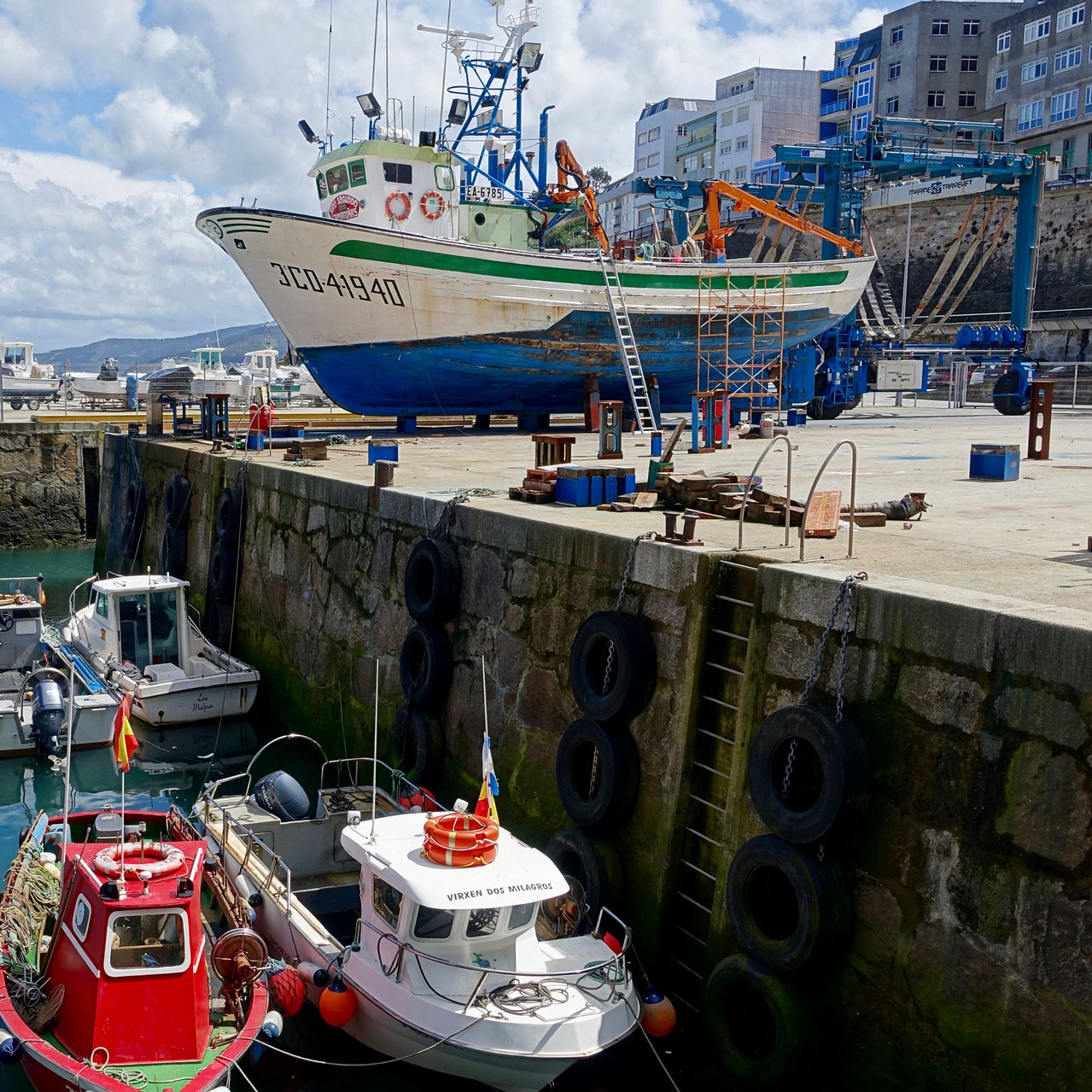Description
Highly Efficient and Convenient
Management of assets within the Port and Harbor Operations Industry is done simply by having an employee walk through the store while holding a handheld PC and counting assets.
What It Tracks
Our RFID system can track all kinds of port and harbor operation assets, such as ship to shore container cranes, mobile harbor cranes, and any other equipment that is utilized for conducting port and harbor operations.
How It Works
GAO has developed the GAO Port and Harbor Operations Asset Management System based on the latest UHF Gen 2 RFID technology.
It consists of three parts. The first part is one or multiple handheld PCs, such as tablet PCs, PDAs (personal digital assistants), EDAs (enterprise digital assistants) or pistol grip intelligent terminals. The second part is an RFID tag for each asset, also known as an object tag. The third part is an RFID tag for each shelf or area where the item is located, also known as a location tag.
The handheld PC is preinstalled with both an RFID reader and the GAO Port and Harbor Operations Asset Management Software.
An RFID object tag is attached to each asset for its identification.
An RFID location tag is attached to a shelf or an area on which an asset is placed.
Once tags have been placed, a staff member can then walk through the areas where assets are located, with a handheld PC in his or her hand to automatically track all assets within range of the RFID reader.
Features
- No system installation is required
- RFID readers can detect tags within its long read range
- RFID readers do not require a direct line of sight to read tags
- RFID readers can read multiple tags at once
- RFID tags are reusable and able to withstand impact, heat and moisture
- A wide selection of tags for different target materials and working conditions
- Suitable for operations conducted in ports and harbors of any size
Technical Specifications
- One or multiple handheld PCs from GAO, which is preinstalled with a UHF Gen 2 RFID reader and the GAO Port and Harbor Operations Asset Management Software
- A UHF RFID object tag for each asset
- UHF RFID location tags for indicating where an asset is located
The Issues Addressed
There are several issues with traditional port and harbor operations asset management systems, most of which are barcode based or manually operated. For example, a barcode number must be pre-printed on a sticker, then manually placed on each asset. If these stickers get damaged or dirty, the barcode scanner could misread or even fail to read the barcode. Furthermore, barcodes require a direct line of sight and for the scanner to be at a close distance to read it. To track assets, a staff member with a handheld scanner must visually identify each asset, scan it at a very close range and repeat this process for every single item. This makes the process error-prone, time-consuming, labor-intensive and inefficient.


